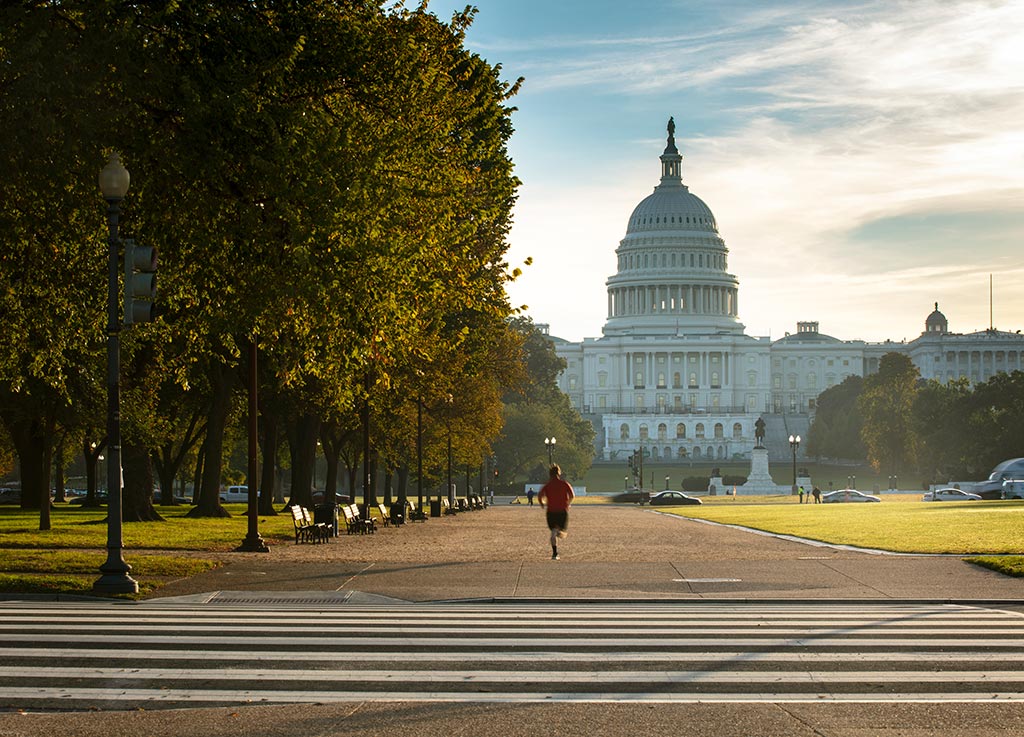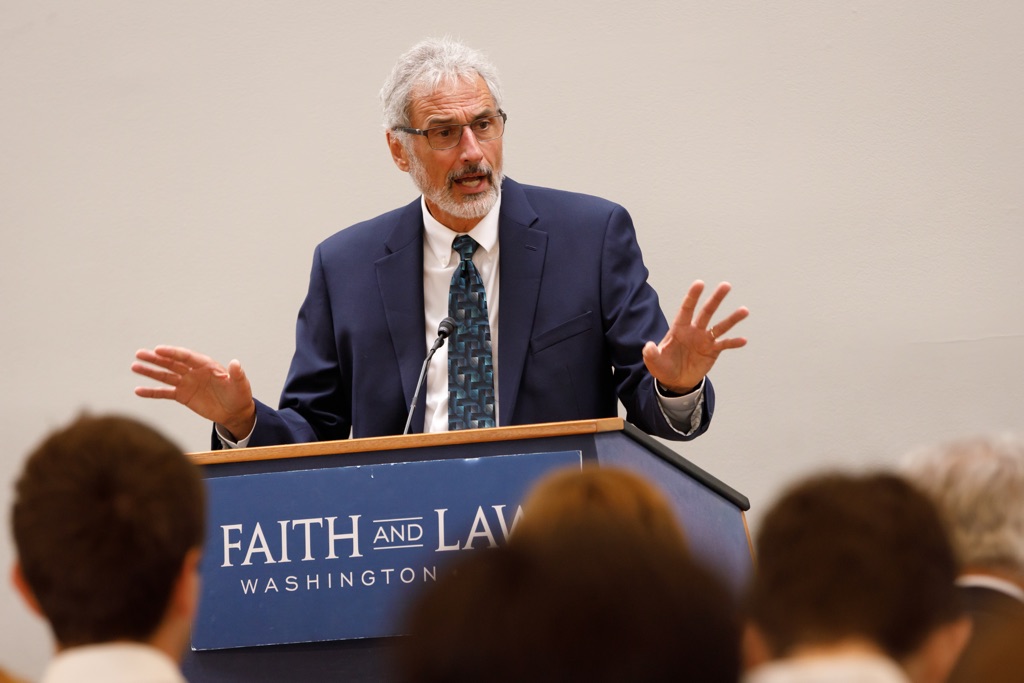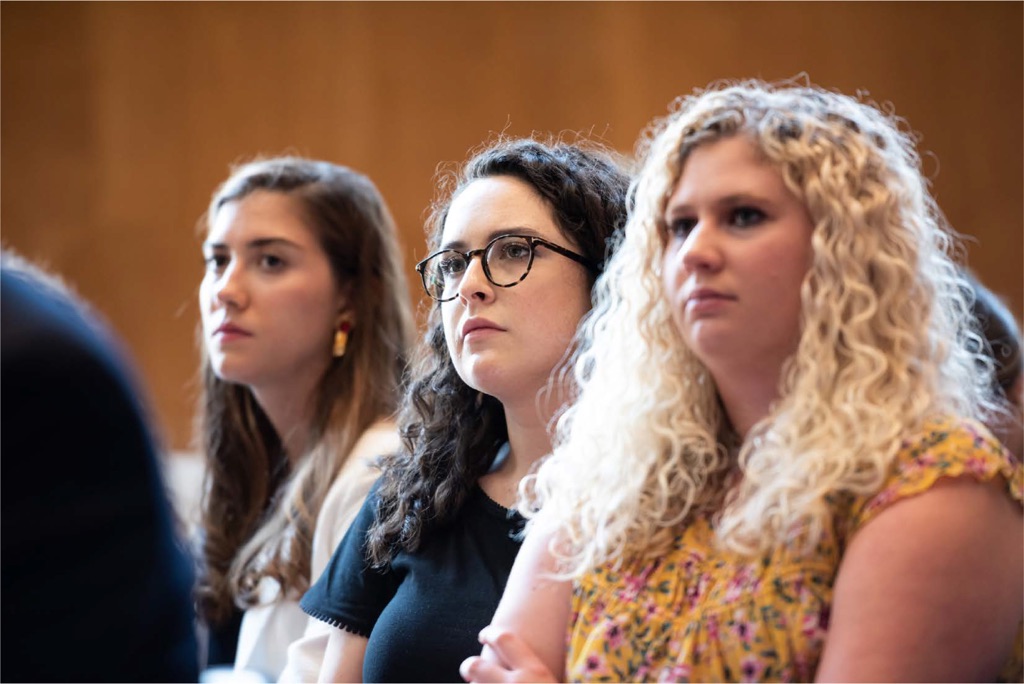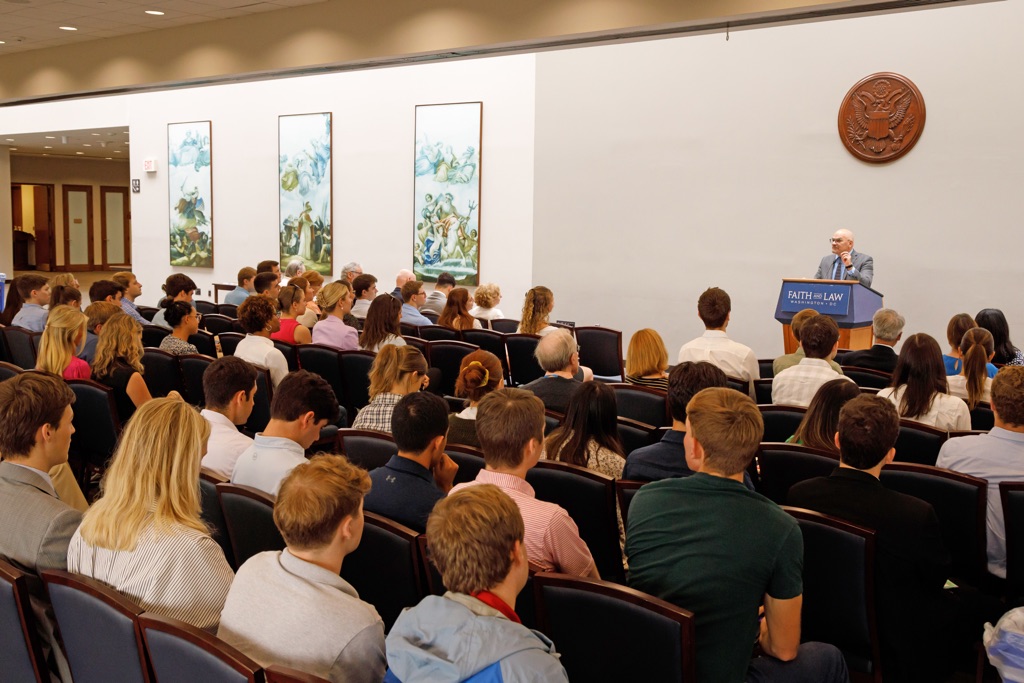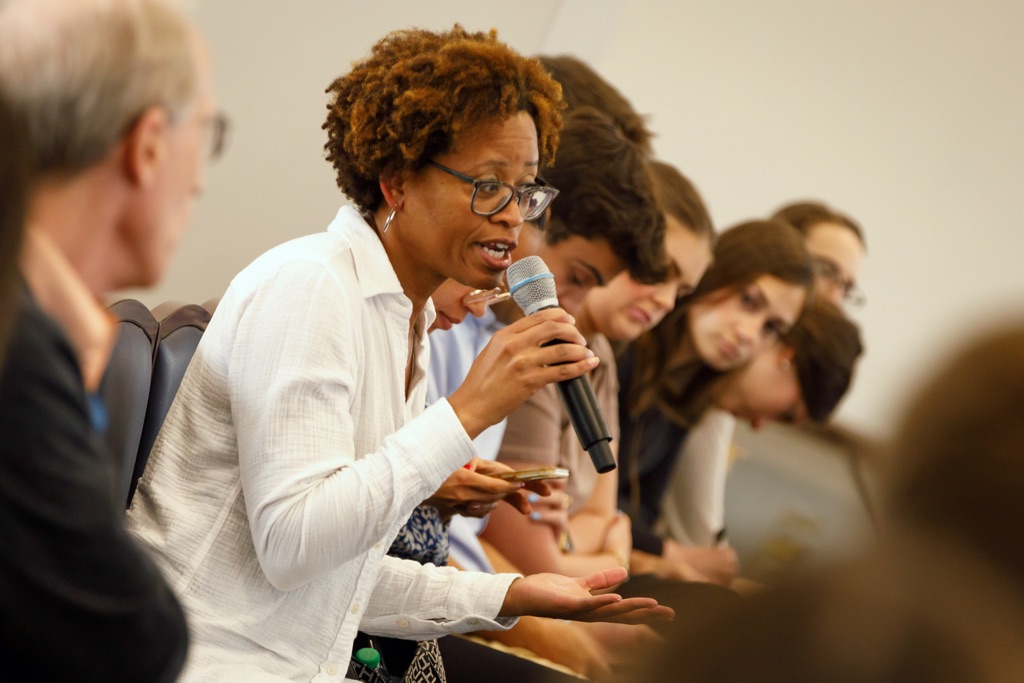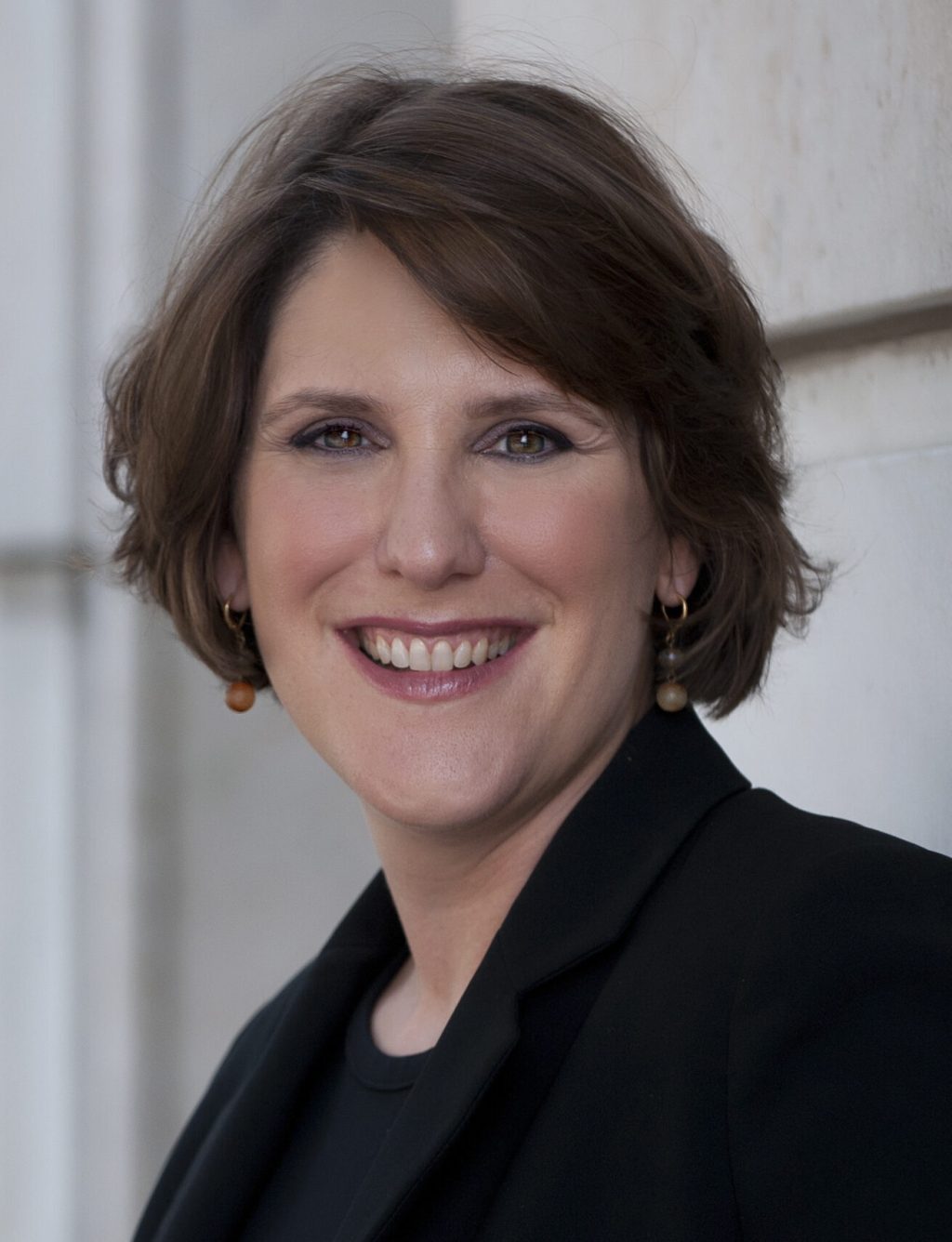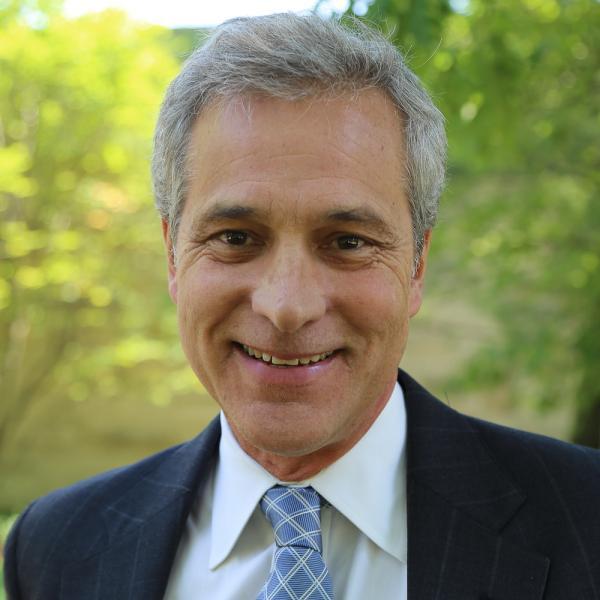Thinking Biblically and Theologically about Climate Change
Congressional staff deal with myriad controversial issues every day. Helping them apply a biblical worldview to even the most polarizing concerns is central to the mission of Faith and Law. This is because no topic is beyond the pale of biblical reasoning. In the words of Abraham Kuyper, “There is not one square inch in the whole domain of our human existence, over which Christ, who is Sovereign over all, does not cry, Mine.”
God’s good earth is clearly part of that domain. That’s why Faith and Law was pleased to invite climate scientist Dr. Jessica Moerman, CEO of the Evangelical Environmental Network, to make a biblical and theological case for recognizing and addressing the effects of climate change.
Moreman began by recounting her call to an unlikely ministry: serving God through geology and later climate science. “Climate change affects the vulnerable first and worst,” she said, alluding to the millions of children, women and elderly impacted by extreme heat and pollution. “I realized I could serve God and others through climate.”
Moreman traced environmentalism’s deep religious roots. “The Reformed protestant church has been treating the environment as a religious concern for nearly five centuries,” she said. Until very recently, conservatives from Teddy Roosevelt to Ronald Reagan have been leaders in recognizing and responding to environmental concerns.
“But if Christian environmental stewardship is foundational to our faith and part of church history and even the conservative legacy, where is the disconnect?” she asked.
Moreman blamed two secular misconceptions for the climate skepticism of many conservative Christians. The first is the implicit (or explicit!) view that humans are the problem and that “we’re better off without them.” The second is undue climate alarmism.
A robust biblical worldview refutes both assumptions. In Genesis, God said everything was good. “It’s not just the created world without us, but all of us together,” said Moreman. “We know from our faith that getting rid of humans is not the solution.” In fact, humans are key to finding solutions!
As for seeing climate change as an existential threat, Moreman again turned to scripture. “We know God is sovereign. We know that this is not the end. The mission of God is one of redemption, restoration, reconciliation and abundant life.”
Although secular claims of civilization’s demise are untrue, Christians should not “ignore the harms that climate change is causing today.”
What harms? Armed with data and graphs, Moreman discussed why the observed 2-degree Fahrenheit rise in temperature is such a “big deal” even if most people don’t regularly feel the effects. “We don’t live in the global average world,” she argued. “A small change in averages means a big shift in the extremes. And that’s where the vulnerable live – in the extremes.”
Moreman recounted life-threatening effects of extreme heat and pollution on pregnant women, the pre-born and babies and children. “Creation care is a matter of life,” she said. It’s also a matter of agriculture fecundity, economic prosperity and even national security. She cited the Department of Defense view that climate change is a “threat multiplier.”
Despite the “momentous task,” Moreman sees cause for hope. “God gives humans authority over creation as stewards; we are made in his image so we have the agency and power to protect the Garden. Are we going to use that authority for good or ill?”
A few weeks later, a staffer reflected on the lecture. “I really enjoyed that speaker,” he said. “I didn’t agree with everything she said, but I learned some new things.”
Mission accomplished.
Faith and Law is a non-profit ministry started by policy makers and for policy makers.
